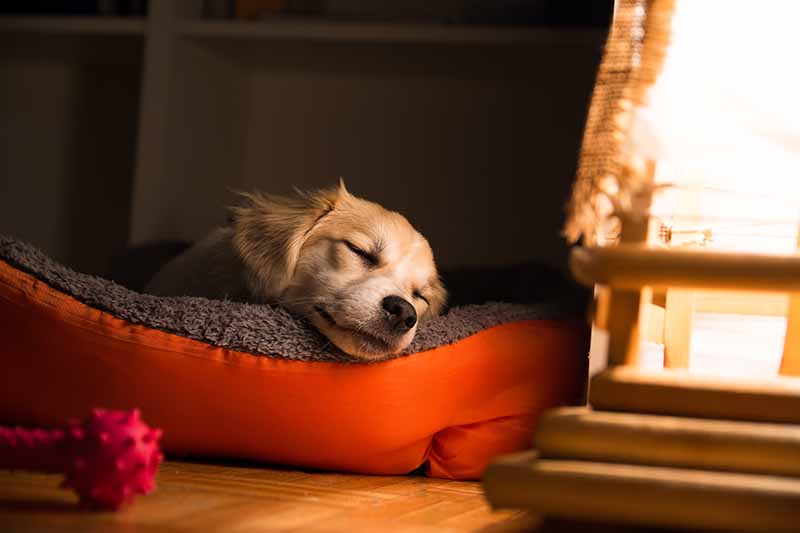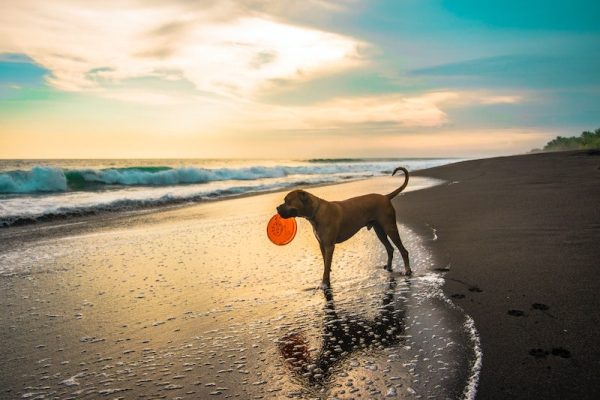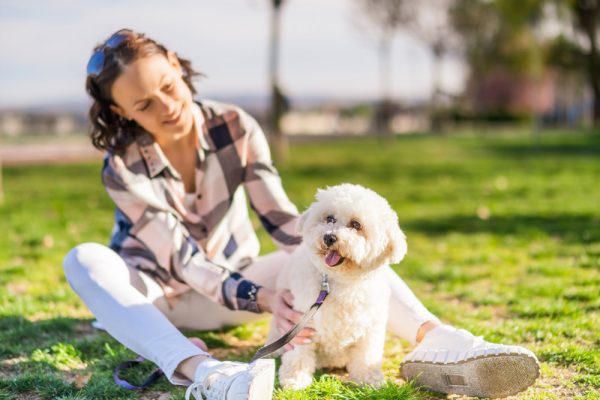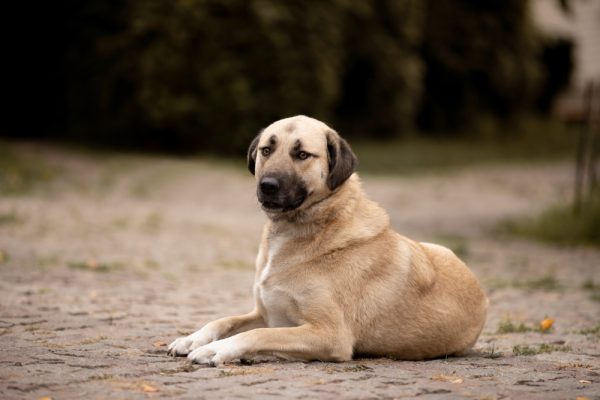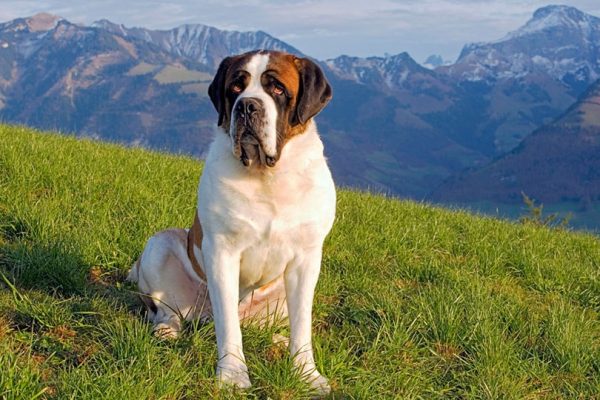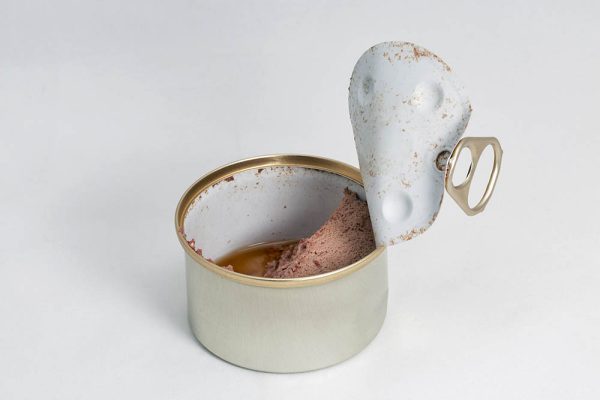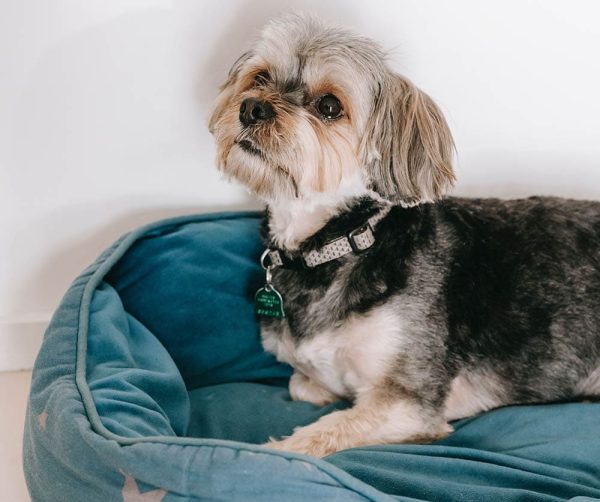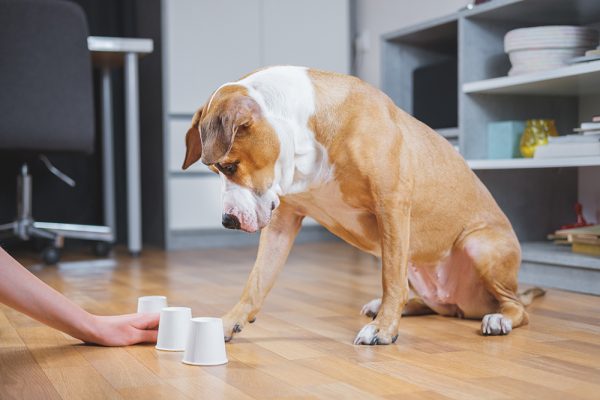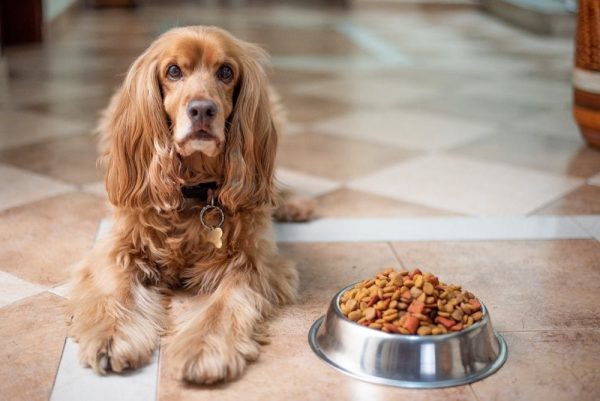Pups require plenty of sleep to grow. Without it, they won’t be able to develop properly. They need a safe, soft, and cozy bed where they can catch a few Z’s and gather much-needed strength.
But should a pup sleep in the dark? The answer is yes: A puppy that sleeps in the dark or in dim light sleeps better and stays healthier.
Also, when it’s dark outside, that “signals” the dog’s brain to start producing melatonin. However, puppies can (and often do) sleep during the day. So, how do you train them to snooze on time? Let’s find out!

Puppy Age Breakdown
A dog is a puppy until the moment they reach sexual maturity and are ready to mate.1 The exact time that happens varies depending on the breed. On average, dogs hit puberty approximately when they turn 6 months old. After that, they’re considered juniors; at 12 months, your furry buddy becomes an adult. Some breeds might be considered puppies until they’re around 1 year of age or even older.
The smaller the dog, the sooner they will be able to reproduce. If they are a large breed, they will stay a puppy a bit longer.
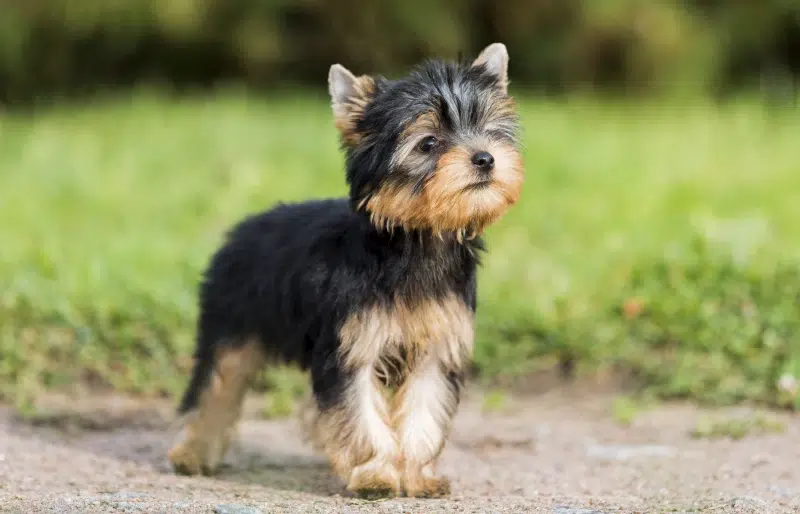
Do Puppies Need to Go to Bed in the Dark?
Like most animals, puppies tend to fall asleep when it gets dark. This has to do with their circadian rhythms: cycles that serve as an “inner clock.” These control the sleep/wake cycle and launch various processes in the animal’s body throughout the day. Dogs follow a diurnal circadian rhythm. Without this, a dog would have a hard time knowing when they should go to sleep.
This doesn’t mean you won’t catch your pup napping in broad daylight. Canines need a lot more time to sleep than we do, and that’s why it’s common for them to fall into dreamland during the day. It’s mostly light sleep, though; the deep sleep cycles kick in when it’s pitch-black outside.
Will My Puppy Rest Through the Whole Night?
At first, the answer is no, and as a pet parent, you have to be aware of this. The thing is that pups rarely sleep through the night without waking up for bathroom breaks. On average, they will wake up to relieve themselves two to three times during the night. You’ll probably hear your pup calling you when they need to do so.
But this won’t last forever. With potty training, the pup should be able to get a good night’s sleep without any interruptions in 6–8 months or even sooner. To put things into perspective, a 5- or 6-month pup won’t have a problem sleeping through the night. However, a 2-month-old dog will wake up every 2–3 hours or so.
Should I Leave a Nightlight On?
Animal bodies increase melatonin secretion during the night hours, and in this regard, puppies are just like humans. So, the darker the room, the easier it will probably be for the dog to fall asleep. But dogs can’t see in complete darkness, and sometimes, puppies may refuse to enter a dark room. In that case, leave a nightlight on.

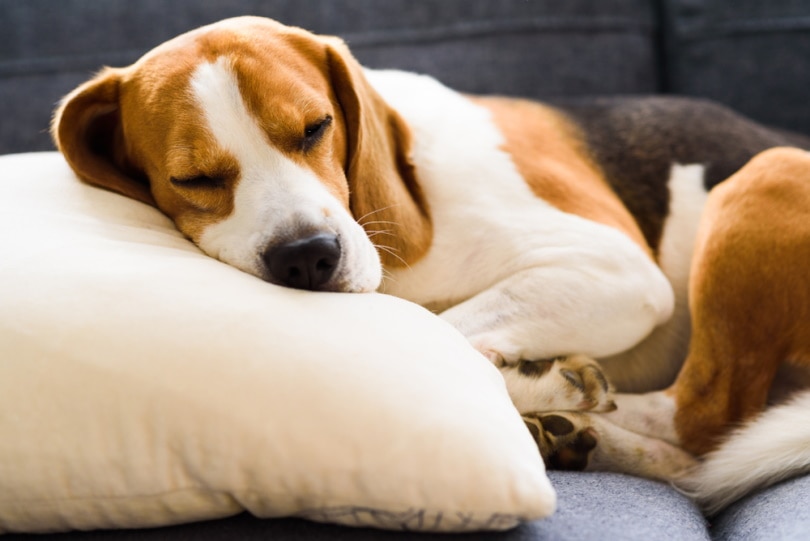
How Much Sleep Do Puppies Need?
Pups tend to be hyperactive: They want your full attention, and at times, it may seem like they can go on 24/7. However, newborns only spend 10% of the day with their eyes open! That’s right: Pups that haven’t reached 8 weeks of age yet will be sleeping for most of the time, around 20–22 hours every day. Once they approach the 16-week range, expect them to snooze away for 12 to 14 hours.
After that, the sleeping time might be reduced to approximately 12 hours, but there will be plenty of extra resting periods during the day. Older dogs will spend more time sleeping than adult dogs. If we compared that to how much time adult humans spend in bed (7–8 hours), that’s almost twice as much. So, don’t be worried if your furry friend sleeps for 90% of the day—it’s totally normal!
What About Adult Dogs?
Just like us, their sleeping habits change once puppies turn into juniors, adults, and senior dogs. Older dogs sleep much more during the day and night and have shorter but more frequent sleep bouts during the day. So, they benefit greatly from dozing off when the sun sets and it gets dark outside. Besides, by the time puppies grow into adults, their bodies will have already developed adequate sleeping habits.
Sleep Deprivation: The Biggest Downsides
When puppies sleep, their bodies use that time to grow. The central nervous system, muscles, bones, and organs mostly develop when the pup is getting some shut-eye. Sleep may also contribute to a dog’s memory consolidation.
The consequences of sleep deprivation are severe. The immune system becomes weaker and fails to protect the pup from infections and parasites. Mentally, the pet will become more anxious and restless and may even develop destructive habits.
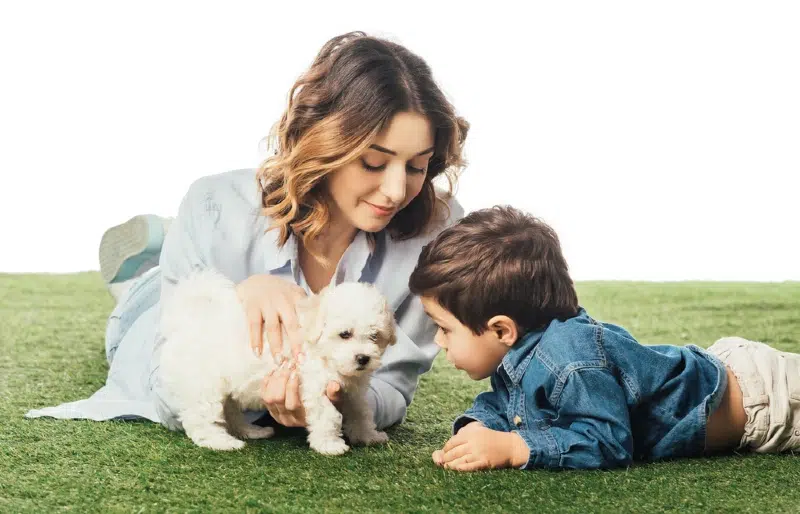
Tips for Training a Puppy to Sleep on Schedule
If you’ve ever tried to make a puppy sleep on command, you already know that it’s no small task. But there are certain things you can do to help your tiny pet doze off on time. Start by exhausting the pup. Once they run out of breath, the body will automatically shut down and go to sleep. So, if you play with them in the evening after work, chances are that they will go to bed roughly around the same time you do!
Puzzles and toys will keep them occupied while you’re away, but one-on-one playtime is still important. That said, new experiences could excite the pup to the extent that they won’t be able to sleep for an extra hour or so. Also, don’t forget about hydration and food. Ideally, the pet should drink some water and have a meal at least 2–3 hours before falling asleep. This way, they will have plenty of time to use the bathroom.
If you need guidance on training your puppy to sleep on schedule, we suggest you speak to a vet.
If you need to speak with a vet but can't get to one, head over to PangoVet. It's our online service where you can talk to a vet online and get the advice you need for your pet — all at an affordable price!

Ideal Sleeping Conditions for a Puppy: A Quick Guide
If you want your puppy to get their fair share of “beauty sleep,” make sure the room is not only dark but also silent. Sudden noises will interrupt their sleep and make it difficult to get back into the deep phase. You don’t necessarily have to turn off every gadget when the pup falls asleep, though. Instead, just try lowering the volume and brightness levels. To battle the morning sun, invest in blackout drapes.
As for the crate, soft, cozy, and spacious is what you should aim for. At first, the pup might not like their bed or crate that much. But if you implement sleep training and are patient with it, that will change quickly.

Summing Up
Puppies are amazing: They’re sweet and affectionate and can make our hearts melt 10 times a day. Plus, they grow really fast! From puppyhood to seniorhood, it’s up to us to take care of them. A pup is a tiny, vulnerable baby. So, feed them the best food, create the perfect sleeping conditions for the pet, and invest time in potty training.
Now, while most breeds prefer to hit the sack when it’s nighttime, they can also fall asleep during the day. Still, if you want your furry family members to get enough rest and grow into healthy canine citizens, make sure their room is dark when they sleep!
You might also want to check this out:
Featured Image Credit: Daniel Besic, Shutterstock

